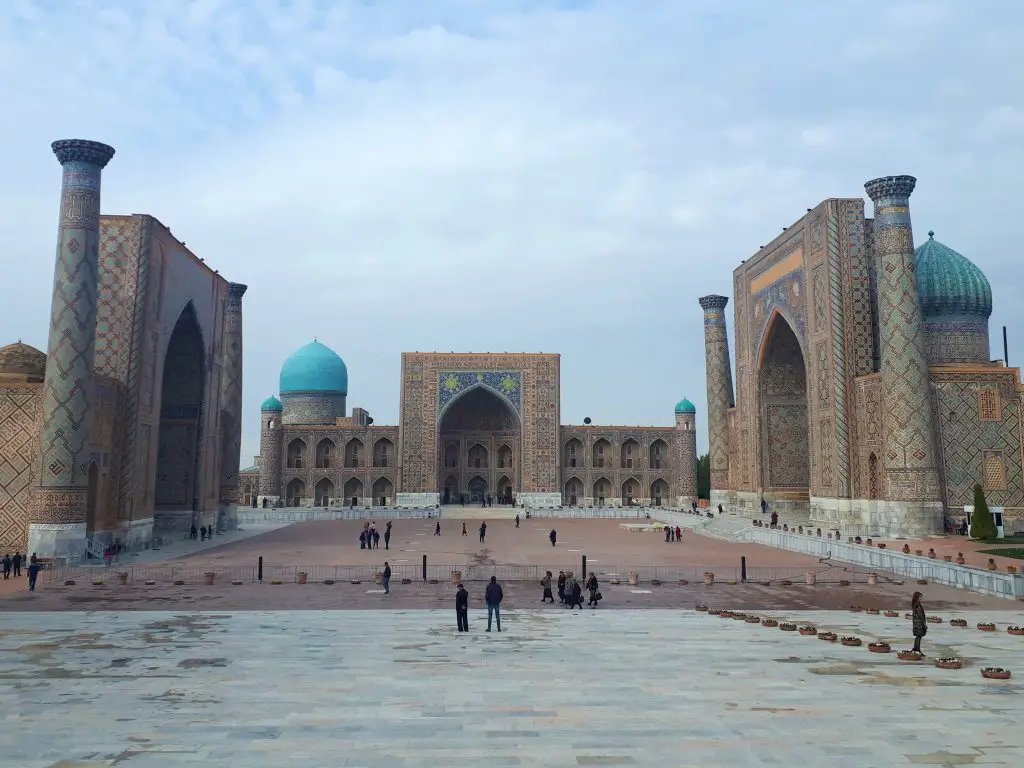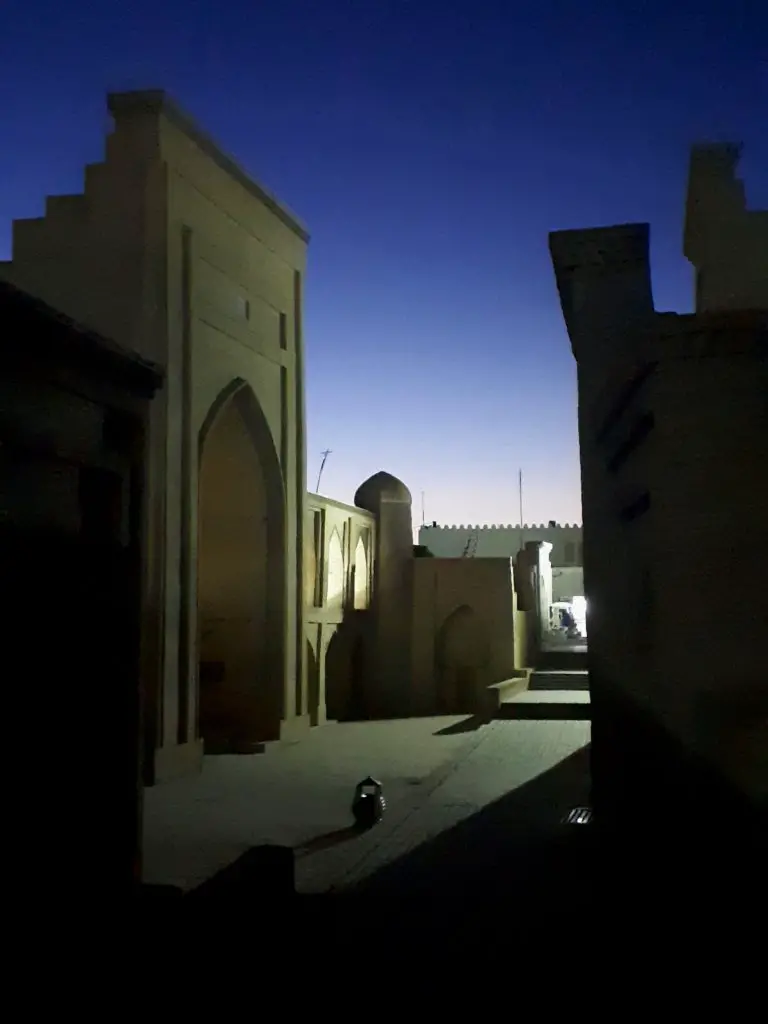Story By: Koen Berghuis, Sub-Editor: Joseph Golder, Agency: Central European News
A secretive former Soviet country is opening up to British tourists by waving its visa requirement so they can admire its beautiful, ancient Silk Road wonders.
The Central Asian country of Uzbekistan gained independence from the Soviet Union in 1991 but had since remained notoriously difficult to visit for foreign tourists due to stringent visa requirements and communist-era bureaucracy which many said was out of touch with modern-day travel.

Uzbekistan has however now opened up for tourism by allowing British and most other European Union (EU) citizens to apply for a straightforward e-visa online for just 20 USD (15 GBP) which is issued within three days.
Since the launch of the e-visa system in July, travel websites have been hailing the tourism potential of the country, with Conde Nast writing that Uzbekistan “might become next year’s hottest destination” while Lonely Planet put the country in second place on its list of “best places to travel in Asia”.
Even though Uzbekistan is one of only two double-landlocked countries (requiring one to cross at least two other countries to reach the coast) in the world, along with Liechtenstein, it once was the heart of a great empire on the legendary Silk Road which connected Europe to China’s riches by land.
Under the brilliant command of Tamerlane, locally known as Amir Timur, a gigantic empire was carved out in the 14th century after a successful series of bloody campaigns which even reached the Aegean coast of what is now Turkey.
Even though he brought destruction to large parts of the world, Tamerlane also left behind a more lasting contribution in his capital city of Samarkand by ordering lavishly decorated mosques and blue-tiled madrassas to be built.
It gave Samarkand a near-mythical reputation, inspiring novelists such as James Elroy Flecker to write his famous 1913 poem “The Golden Journey to Samarkand”.
Uzbekistan’s other famous Silk Road city, Bukhara, also offers enough magnificent mosques and madrassas as well as curious chapters of forgotten history to keep British travellers entertained.
In the 19th Century, British spies and diplomats tried to outmatch the Russian Empire in a secret battle for influence and control over Central Asia called the Great Game.
British Colonel Charles Stoddart was tossed into a rodent-filled jail in Bukhara after the local Emir was displeased he only brought a letter from the Indian Governor-General and not one from Queen Victoria.
When Captain Arthur Conolly arrived to ask for Stoddart’s release, the Emir also threw Conolly in jail thinking the British were secretly plotting with a rival Khanate. Both men were executed in 1842 in front of the citadel.
Outraged relatives back in Britain sent a priest named Joseph Wolff to Bukhara to verify the news. The clergyman was in the end lucky to escape the same fate as the two officers as the Emir thought he was a kind of jester in his full clerical outfit and is said to have not been able to stop laughing.
A seven-hour train ride across the Kyzylkum Desert from Bukhara brings travellers to the clay mud walls of the oasis city of Khiva, which was once the centre of a feared slave-trading Khanate.

In what was seen at the time as an important diplomatic PR coup, a British officer named Richmond Shakespear managed to convince the Khan of Khiva in 1840 to free more than 400 Russian slaves, for which he was later knighted by Queen Victoria.
Khiva is the best preserved of the three great Uzbek Silk Road cities as the old alleyways and city walls have remained relatively unchanged for hundreds of years.
A ticket bought at the entrance gate gives access to all of the city’s museums, many based in ancient madrassas, where Khiva’s rich, and at times dark, history is explained.

Visitors can also climb the 148-foot Islom-Huja minaret for sweeping views over the city and the surrounding desert.
Back in the modern and well-kept capital of Tashkent, tourists can take a stroll through leafy parks or shop for souvenirs at the sprawling Chorsu bazaar before flying back to Britain.
Tashkent is a six-hour-and-50-minute flight from London Heathrow with only Uzbekistan Airways offering direct connections. Turkish Airlines and Aeroflot offer convenient one-stop-connections to Tashkent and Samarkand.
Transport inside Uzbekistan is cheap, with domestic flights rarely costing more than 30 GBP even if booked only a few weeks in advance.
With the exception of the new high-speed railway line which links Tashkent to Samarkand and Bukhara, train travel is slow on Uzbekistan’s rickety Soviet-built trains, although seeing the desert sunset from your sleeper compartment is a once-in-a-lifetime experience.
A mid-range hotel costs around 30 GBP per night, while a full three-course dinner including one or two pints of beer will rarely set you back more than five GBP.



